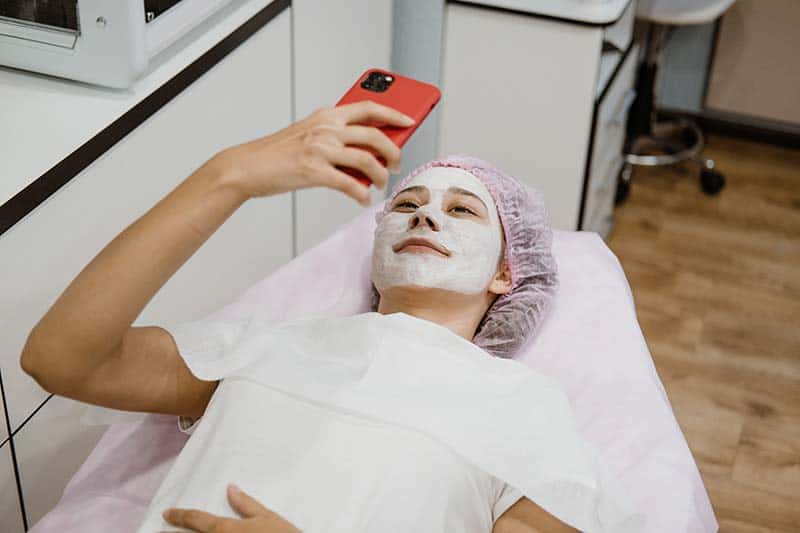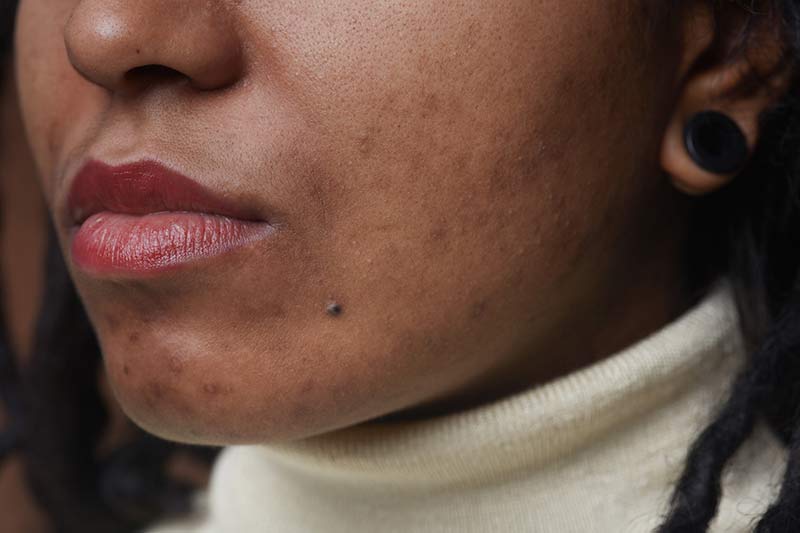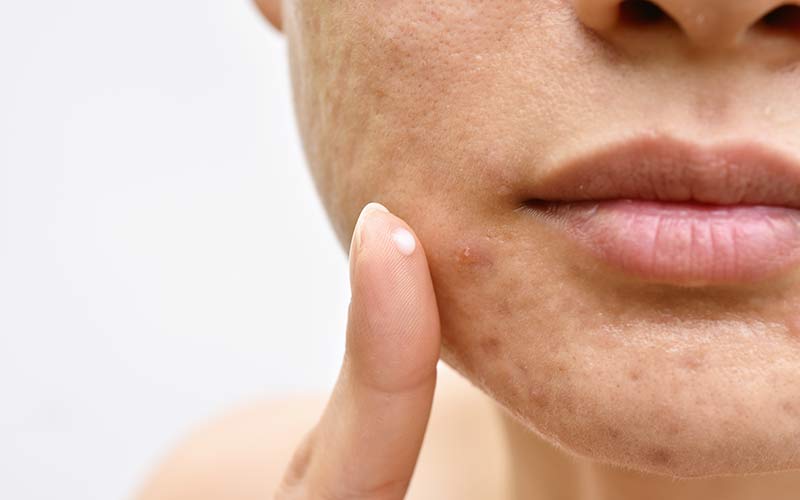Acne hits some teens a lot harder than others. Some teenagers barely get a pimple or two, whereas some struggle with frequent breakouts and constant acne. Here’s what you need to know about the causes of teenage acne, and steps you can take to deal with it.
We’re not here to try to sell you some miracle acne product or to disguise an advertisement into some type of product promotion. We won’t be mentioning any specific products or brands in this article, we won’t be going over any marketing gimmicks or anything like that – just the straight up facts about why teens get acne, and what you should know about this if you’re curious in learning more.
Why Do Teens Get Acne in 2022?
The main cause of acne is when the oil glance on the skin on your face become overactive, which results in an excess buildup of dead skin cells, oils, and bacteria. This combination leads to the skin on your face becoming inflamed due to redness and swelling of the skin’s pores.
The over-stimulation of these oil glands that leads to all of the aforementioned imbalances and pimples and acne is much more common during the teenager years, as hormones become active and lead to the over-stimulation of oil glands.
People can be very insecure about their acne, so pointing out people’s pimples is really not a good thing to do. Even if it’s your best friend, that’s not really one of the funny things to say to your best friend, unless you have that type of relationship and sense of humor.
Acne from Blue Lights?
There’s been some discourse recently as popular influences have released cosmetic products marketed to protect users from the alleged harm of the blue light that comes from their devices, however there doesn’t seem to be any credible research to suggest that this is a valid concern, and it seems as if it’s just marketing. So, no, you don’t need to rush out to buy blue light protection skim creams from streamers or TikTokkers, you’re okay!
What To Do About Teenage Acne

Your genetics are going to play a big role in how bad your acne is, but there are still steps you can take to try to minimize it. Just because somebody has very bad acne, it doesn’t mean they have poor hygiene, just as someone can have absolutely no acne and terrible hygiene, somebody can have tons of acne but take perfect care of their skin.
So, don’t judge someone with acne as not washing their face or taking care of their skin, as people with severe acne probably put much more thought and effort into their skincare than people who naturally have clear skin. It’s not a lack of effort or care.
Having said that, there are certain behaviors or habits that can lead to a worsening of acne, or getting acne in areas that you may not have otherwise had to deal with.
Having oily hair that makes contact with the face, which can often happen while sleeping, can lead to additional oils on the face.
On that same note, it’s a good idea to clean off your eyeglasses regularly, especially where they rest on your nose, as this can become an oily breeding ground for bacteria that can help contribute to acne.
Avoid getting too much exposure to the sun, which is just generally good advice for skincare in general.
If you do have pimples, try to avoid bursting them and popping them, as that can make the situation worse than letting them go away on their own and just keeping your face clean and healthy.
But again, you can do everything perfectly and still have acne, which can be really difficult.
If you have moderate to severe acne, you can visit a dermatologist in your town or city to see if there are any treatments that they’re able to recommend for you, as some people have had positive results with various products, but we’ll leave that up to the professionals to determine based on doing an assessment of your unique skin and acne conditions.
Putting together skincare routines and staying on top of it can be fun things for best friends to do.
Final Thoughts About Why do Teens Get Acne:

If you’re curious about how bad your acne might get as you become a teenager, ask your parents if they had acne. The children of parents who had bad acne are more likely to struggle with acne themselves. Many people will grow out of it, but some people will just be people who have worse than average acne. In some cases, a dermatologist can recommend some personalized advice and medications that can help, but acceptance that you have acne, and learning to not worry about it, is a really important step, too.
